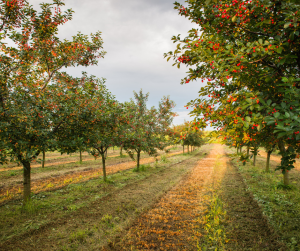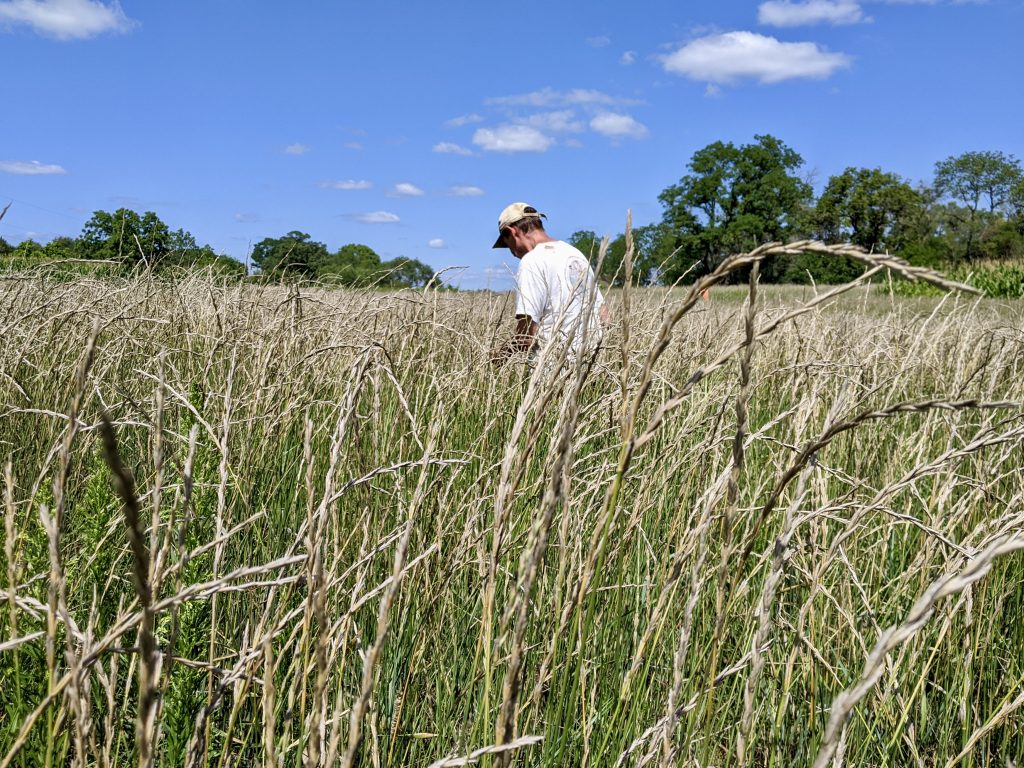A roadmap to net-zero:
Wisconsin has set ambitious climate goals: slashing greenhouse gas emissions by half within the next six years and achieving net-zero emissions by 2050. However, the state’s agricultural sector, which has seen a 23% rise in emissions since 2005, is not yet equipped to meet these targets. To succeed, Wisconsin’s farming practices must rapidly evolve to capture more carbon dioxide than they emit.
New data suggests that certain popular “climate-smart” practices fail to store CO2 effectively in cool, humid temperate regions like Wisconsin. Our state stands to receive billions of dollars in unprecedented federal funding for climate action, but there is a risk that resources will be wasted on low-impact measures. To seize this opportunity, Wisconsin needs a clear, science-driven strategy to rapidly transition our agricultural sector and meet our ambitious climate goals.
A visionary partnership
Clean Wisconsin, Michael Fields Agricultural Institute, Savanna Institute, and UW-Madison’s Grassland 2.0 have come together to harness the expertise within our state to develop a roadmap for effectively reducing agricultural emissions and meeting net-zero goals by 2050.
The project focuses on three main objectives: identifying effective practices, piloting innovative solutions, and developing long-term strategies. To accomplish these objectives, we are analyzing various farming methods in Wisconsin to determine which ones have the most potential to effectively reduce greenhouse gases. Our work will explore the combination of practices and levels of adoption needed to offset current statewide emissions and become carbon neutral. Three pilot projects are demonstrating the most innovative practices in and around the Lake Michigan Basin. They provide grounding examples of these solutions in action and identify both the barriers to adoption and the policy and supply-chain development strategies needed to remove the barriers and enable adoption at the scale needed to offset agricultural emissions. This roadmap, and the projects that support it, lays the groundwork for long-term, statewide impact through advocacy for policy, market incentives, and targeted supply-chain investments. The Natural Climate Solutions Roadmap to Net-Zero is a critical first step towards accelerating adoption of truly climate-smart practices in our agricultural sector.

Groundbreaking pilot projects
We are excited to introduce our three pilot projects on perennial agriculture:
- NE WI Managed Grazing Learning Hub is exploring opportunities in NE Wisconsin’s Lake Michigan Basin— an area with a high density of concentrated animal farming operations and dangerously poor water quality— to establish a locally-led learning hub, responding to the renewed interest in dairy heifer grazing and how managed grazing for beef and dairy can boost farm profits, improve water quality, and reduce emissions.
- WI-grown Kernza® Supply Chain Hub is addressing key bottlenecks in WI’s supply chain for perennial row crops, focusing on the dual-use grain/forage known as Kernza®. This project involves facilitating the development of a WI-based supply-chain and markets, connecting local growers directly to processors, distributors and WI brewers, bakers, and livestock producers.
- Future Projected WI Crop Suitability Mapping project is providing Wisconsin with crop suitability maps under both current and future climate conditions, to illustrate how climate change will impact commodities and to help farmers make informed choices on what emerging crops will thrive under future climate conditions in our state, ensuring rural resiliency and a vibrant rural economy.
The road ahead
Thanks to the generous support of The Daybreak Fund and The Platform for Agriculture + Climate Transformation (PACT), this initiative provides the critical first steps for identifying a clear pathway to a net-zero future and resilient agricultural sector in Wisconsin. By modeling the impacts of different policies and incentive programs on the adoption rates of various farming practices and their effect on offsetting agricultural emissions, the project will demonstrate the significant impact of our decisions today on the state’s ability to adapt tomorrow. This project will provide tools to guide decision-making at every level, from individual farms to state policy. An extensive outreach campaign will follow, engaging policymakers, agricultural groups, and other stakeholders.
Wisconsin stands at a crossroads: we can continue with business as usual or lead the way in sustainable agriculture. With this roadmap, our state has an opportunity to pioneer real climate solutions, ensuring a thriving agricultural sector and a healthier Wisconsin for future generations.

